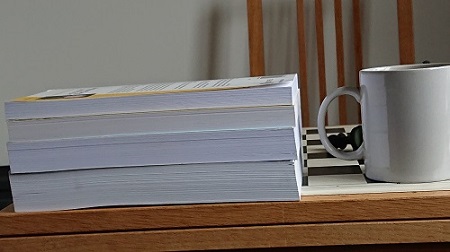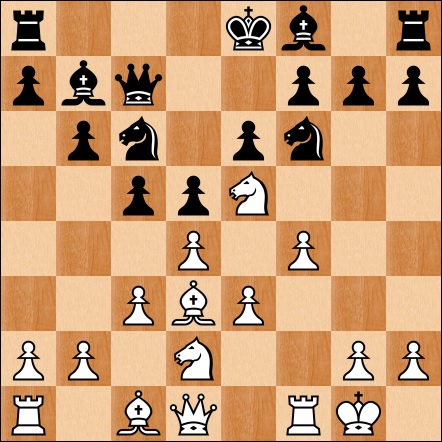The dawn of high power computers has meant that opening theory has been revolutionized. One of the main effects is that some openings that were previously thought to be playable are now in deep trouble.
One of the highest profile victims is the Benko Gambit (1.d4 Nf6 2.c4 c5 3.d5 b5), in which Black may no longer get compensation for his pawn. It goes without saying that gambits such as the Latvian (1.e4 e5 2.Nf3 f5) and Elephant (1.e4 e5 2.Nf3 d5) are doomed, but it seems that even the venerable King's Indian (1.d4 Nf6 2.c4 g6 3.Nc3 Bg7 4.e4) is in some trouble. Top players have been moving away from it in their longer time limit games, though it is played quite frequently in rapid chess and blitz.
It goes without saying that humans may not be able to learn and remember the engine refutations, but playing a dubious opening can eat away at your self-confidence. What if one of your opponents has actually learned and remembered a highly effective line? Will you be able to overturn things in a practical game? And is it worth investing time and effort in finding new resources that keep it alive?
Personally speaking, I would prefer to play openings which are still considered sound, but offer chances to outplay an opponent. There are plenty of lines left which fit the bill, for example most of the Queen's Gambits (Accepted, Declined, Slav etc) together with the Nimzo-Indian (1.d4 Nf6 2.c4 e6 3.Nc3 Bb4) and Gruenfeld (1.d4 Nf6 2.c4 g6 3.Nc3 d5). Against 1.e4 there seems to be little immediate danger to 1...e5, the French, the Caro-Kann and most lines of the Sicilian.
How can you tell which lines are still healthy? A good indicator can be the games of top over-the-board and correspondence players, if they're still being played then probably they're in decent shape. If not then beware, many openings are dying because of high-powered engine analysis.
Training Tournaments
This week's training tournaments are in the French Defence, one of the most solid defences to 1.e4 which also offers chances of counterplay:
Sunday May 25th at 5pm UK Time: French Steinitz with 1.e4 e6 2.d4 d5 3.Nc3 Nf6 4.e5 Nfd7
Sunday May 25th at 6.15pm UK Time: French Rubinstein with 1.e4 e6 2.d4 d5 3.Nc3 Nf6 4.Bg5 dxe4
My Upcoming Events
I've now added the South Lakes Congress to my schedule because I'd like to get some more games in before going to Izmir. Here is how things look now:
June 13-15 2025: South Lakes Congress
I've added this one to my schedule, mainly as a warm-up for Cesme. You can find details here.
June 23-29 2025: 11th Cesme International Open
This strong open event, in Izmir in Turkey, promises to be a real challenge. I'll be going a couple of days early because I can get a cheap flight, but the city looks very interesting and well worth a visit.
July 31 - August 10 2025: British Championships
As mentioned I've gone for the Championship itself rather than one of the old folks sections. Obviously this will be full of underrated juniors, I'll just have to play better against them this time! You can find details here.
August 23 - 30 2025: San Cristóbal de La Laguna, Tenerife
This looks like a great event and I'm really looking forward to it. Travelling back is a bit tricky because the direct flights were very expensive, finally I found a flight back to Glasgow from where I can take a train!
September 5-7: Hull 4NCL Congress
I'm a big fan of 4NCL Congresses because they are played in nice venues, they're invariably well organized and they offer free entry and accommodation to GMs. You can find details here:
I'll be looking for things after September, not sure when or where! But if I manage to play well enough to win sufficient funding, I might go for the World Senior Championships in Gallipoli in October.
Twitch Channel
My new Twitch channel will have new shows every Monday ('Chess Questions Answered), the Webinar on training tournaments and games is up on Fridays. Please follow it if you'd like to get updates etc, all the shows will be available to Premium members in the Tiger Chess members area, even when they are no longer available on Twitch.
Have a good weekend.
Nigel!


